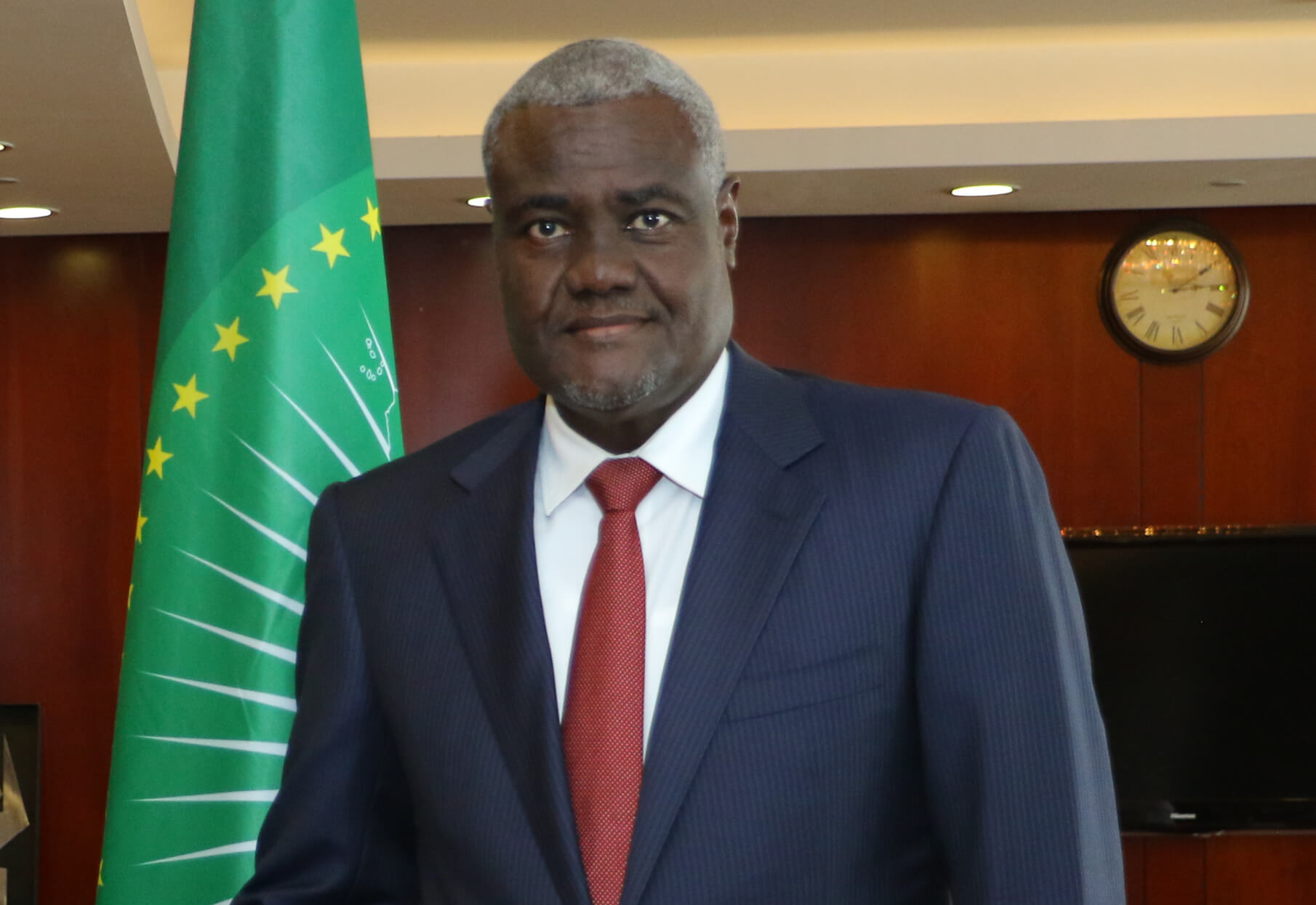In his Africa Day address yesterday, African Union (AU) Commission Chairperson Moussa Faki Mahamat highlighted that the continent had become a “collateral victim” of the Russia-Ukraine war, witnessing “a shrinking world supply of agricultural products and a soaring inflation of food prices.”
He opined that the war is “upsetting the fragile global geopolitical and geostrategic balance” and has deepened the “structural fragility” of African economies that were already reeling under the ravages of the COVID pandemic, extreme weather events, inter-community conflicts, and terrorism.
The war in Ukraine and sanctions on Russia are causing a global food crisis.
— Ilhan Omar (@IlhanMN) April 26, 2022
In the next aide package for Ukraine, Congress needs to add a food aide package for the rest of the world.
Food insecure countries in Africa need financial support to fight against famine and death.
Echoing these same concerns, United Nations Secretary-General António Gueterres also spoke of the looming “food crisis” and “devastating impact” that the distant conflict had in inducing fertiliser and energy shortages across the region.
In a report released on Tuesday, the UN Development Programme (UNDP) argued that with Russia being one of the world’s leading fertiliser exporters, supply chain bottlenecks have led to a 21% increase in fertiliser prices that will impact food production for the next two years, disproportionately affecting heavily agriculture-reliant African economies.
#StatecraftInTheNews: 🇰🇪🇮🇳🇺🇦🌾Wheat prices in #Kenya have risen from US$527 on April 1 to US$677 per tonne, a four-year high. #Kenya relies on global wheat supply for 75% of its requirements and the #Ukraine war and #India's wheat export ban have led to a massive surge in prices.
— Statecraft (@statecraftdaily) May 19, 2022
In March, wheat prices in Kenya increased by 17.68% while Nigeria has witnessed food inflation of 17.2%. The price of cooking oil in Cameroon has increased by 6.5% while the price of edible oils in Kenya has shot up by 35.5%.
According to the World Economic Forum (WEF), fourteen African economies rely on imports from Russia and Ukraine for more than half of their wheat requirements, which has pushed food grain prices up by an average of 25% over the last few weeks.
#StatecraftInTheNews: 🇰🇪🇺🇳 The #UN OCHA has warned of an impending drought in East Africa as #Kenya battles a lengthy dry spell and food scarcity. The World Food Programme has said 20 million people across the region face severe hunger.
— Statecraft (@statecraftdaily) May 13, 2022
Teresa Anderson, the international climate policy coordinator at ActionAid, said that if these supply shocks remain uncontrolled, African countries could soon face a “famine of unimagined proportions.”
Anderson added that the situation is “particularly extreme” in the drought-affected Horn of Africa region, which could face the most severe brunt of war-induced shortages.
A report by Oxfam and Save the Children has revealed that 23 million people face extreme hunger in Somalia, Kenya and Ethiopia.
🚨Reaching those at risk NOW is crucial to staving off famine looming over six areas of Somalia.
— World Food Programme (@WFP) May 26, 2022
But the U.N. plan to provide emergency aid is only 15% funded.https://t.co/i3wBqBjryA
According to the WEF, scarcity of essential items could make the most vulnerable “multidimensionally poor” while pushing millions towards the “danger of malnutrition and deepened poverty.”
Widening inequality and economic difficulties are likely to have spiralling effects. UNDP Africa chief economist Raymond Gilpin has described this as an “unprecedented crisis” that has triggered a “reduction of GDP growth on the continent.”
On Africa Day, I had a substantive conversation with President of Liberia @GeorgeWeahOff. Expressed gratitude for 🇱🇷's support for the sovereignty and territorial integrity of 🇺🇦, in particular within the UN. Discussed ways out of the food crisis provoked by Russia.
— Володимир Зеленський (@ZelenskyyUa) May 25, 2022
The African Development Bank (AfDB) in its 2022 African Economic Outlook, has warned of the risk of stagflation due to inflationary pressures.
In this respect, Gilpin adds that precarious economic situations can also lead to “social tensions” that could “spill over and lead to violent protests and violent riots.”
Keeping this in mind, various African leaders have pressed for the need to address the food crisis. The AU has declared 2022 as the “Year of Nutrition” and initiated the Comprehensive Africa Agriculture Development Programme (CAADP).
Russia puts millions of people at risk of hunger by blocking our ports. Together with partners, Ukraine has established two alternative land routes to deliver food exports and save Africa and other regions from hunger. Russia must end its blockade to allow full and free export.
— Dmytro Kuleba (@DmytroKuleba) May 21, 2022
Senegalese President Macky Sall, the current chairperson of the AU, has also announced that he will “urge” Russian President Vladimir Putin to open Ukraine’s ports for wheat exports into Africa when he visits Moscow and Kyiv in the near future.
The AfDB has also developed a $1.5 billion Africa Emergency Food Production Plan to counter food grain shortages. AfDB President Akinwumi Akin Adesina has called for “food sovereignty,” stating that “Africa does not need bowls in hand; Africa needs seeds in the ground” to “feed itself with pride.”

